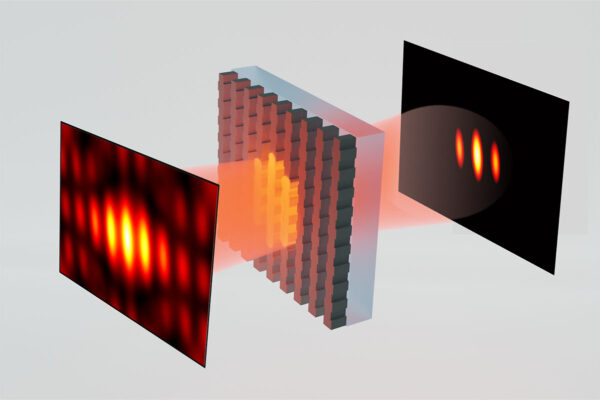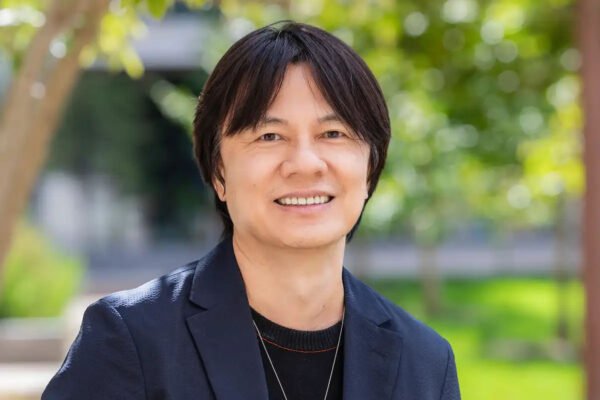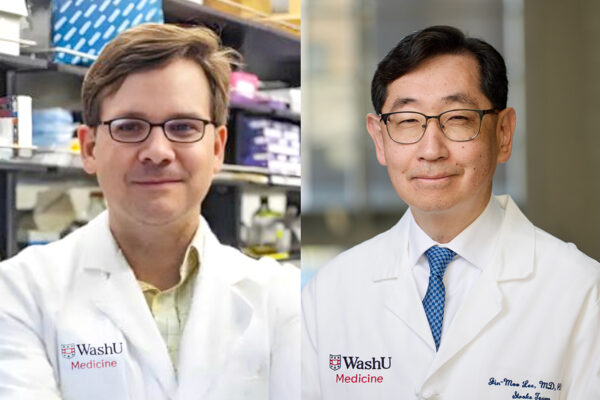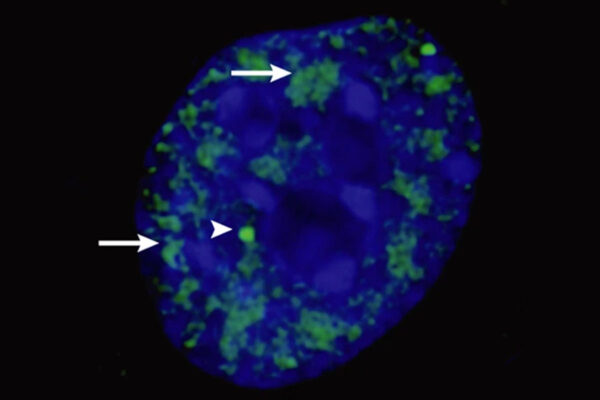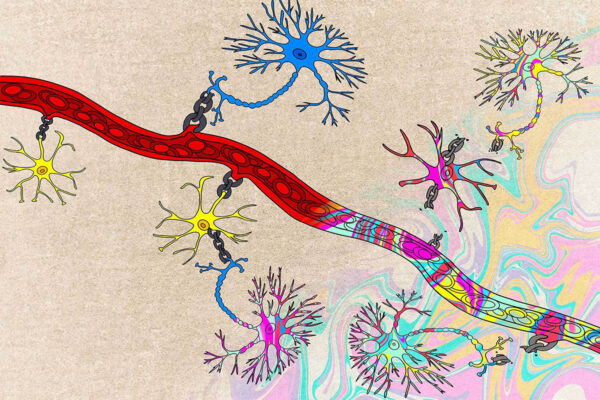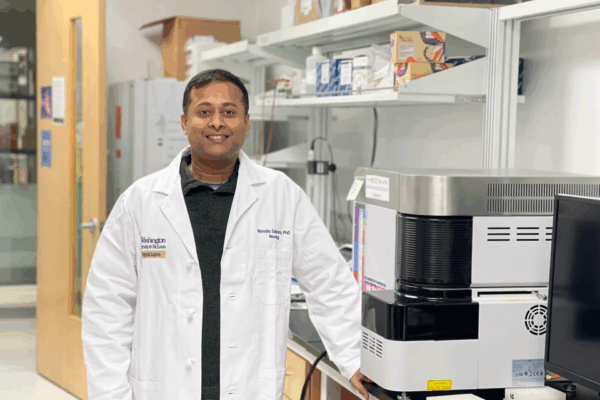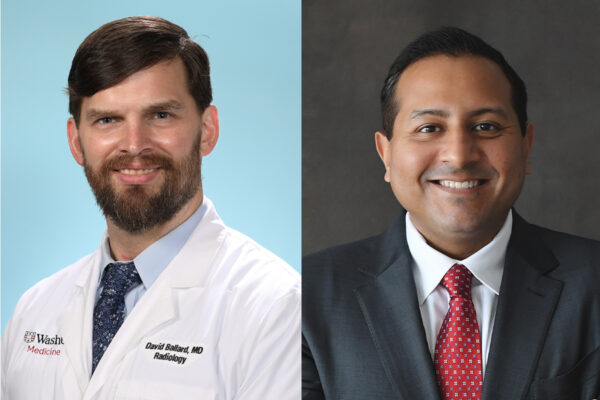Light gives boost to image processing, optical systems
Researchers at Washington University in St. Louis have found a way to use light to boost the efficiency of image processing and optical neural networks.
Specific brain signals rapidly eliminate body fat in mice
A study by researchers at WashU Medicine reveals how the body reprograms stable fat cells to eliminate stubborn fat reserves.
Reinforcement learning for arbitrarily large systems is possible
Researchers at Washington University in St. Louis are developing mathematically rigorous and computationally efficient techniques to transform extremely complex reinforcement learning problems into a manageable domain.
WashU Medicine researchers receive Falk Catalyst Awards
Jin-Moo Lee, MD, PhD, and Jeffrey R. Millman, PhD, at WashU Medicine were selected for the prestigious Falk Catalyst Awards, which supports bold early-stage research with the potential to transform patient care.
Model developed in Zhang lab recognized by Mozilla
Mozilla AI recently highlighted the PIGuard model developed in the lab of Ning Zhang, a computer scientist at Washington University in St. Louis. The model was among the best at protecting LLMs from prompt injection attacks.
Spying on speckles
Researchers at Washington University in St. Louis have investigated how assemblies of molecules called microphases could be a useful target in developing treatments for neurodegenerative disorders.
Psychedelics disrupt normal link between brain’s neuronal activity and blood flow
WashU Medicine researchers show that psychedelic compounds such as psilocybin appear to distort the link between blood flow and brain-cell functioning, which scientists use to track brain activity.
T cells found in tonsils differ in key ways from those in blood
Naresha Saligrama, of WashU Medicine, led a multi-institution team that uncovered important differences between human T cells that live in specific tissues and T cells found in the blood, with major implications for future research and diagnostics.
$3.2 million grant funds research on computational AI in fistulizing Crohn’s disease
With a joint award from the Helmsley Charitable Trust, WashU Medicine and Emory University researchers will develop artificial intelligence software tools to improve diagnosis and treatment of a common complication of Crohn’s disease.
Global projects win seed funding
Eleven WashU research teams recently received Global Incubator Seed Grants to kick-start international projects.
View More Stories
